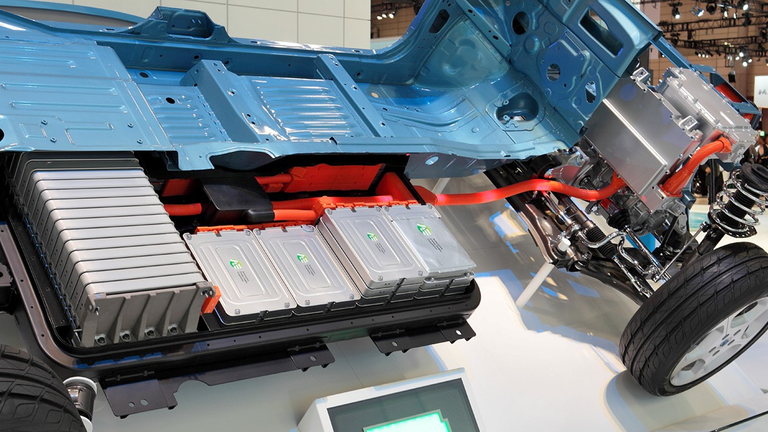The Samsung Institute of Advanced Technology has published the latest results of its work with the solid electrolyte, where they have managed to develop a prototype equipped with an energy density of 900 Wh/L. According to the manufacturer, this will allow then to produce 50% smaller batteries than the current ones and to be able to develop packs with 800 kilometers of autonomy.
One of the main challenges of this technology is its low conductivity and its short life. According to Samsung, with their prototype, they have managed to perform in the laboratory more than 1,000 cycles of loading and unloading. Something that represents a significant step forward concerning the developments that we have seen so far.

To solve the problem with dendrites, Samsung Electronics applied a 5-micrometer “Ag-C nanocomposite layer” to the cathode. Something that, according to the Korean manufacturer, is the first time it is tested. This technology not only increases the safety and lifespan of batteries with a solid electrolyte but also reduces the size of the cells by half by increasing the energy density by making the negative electrode of the battery even thinner.
Samsung says there are no dates for the commercial launch, but most of the signs suggest that we will still have to wait between three and five years to see the first mass-produced cars appear on the market with this type of batteries.

